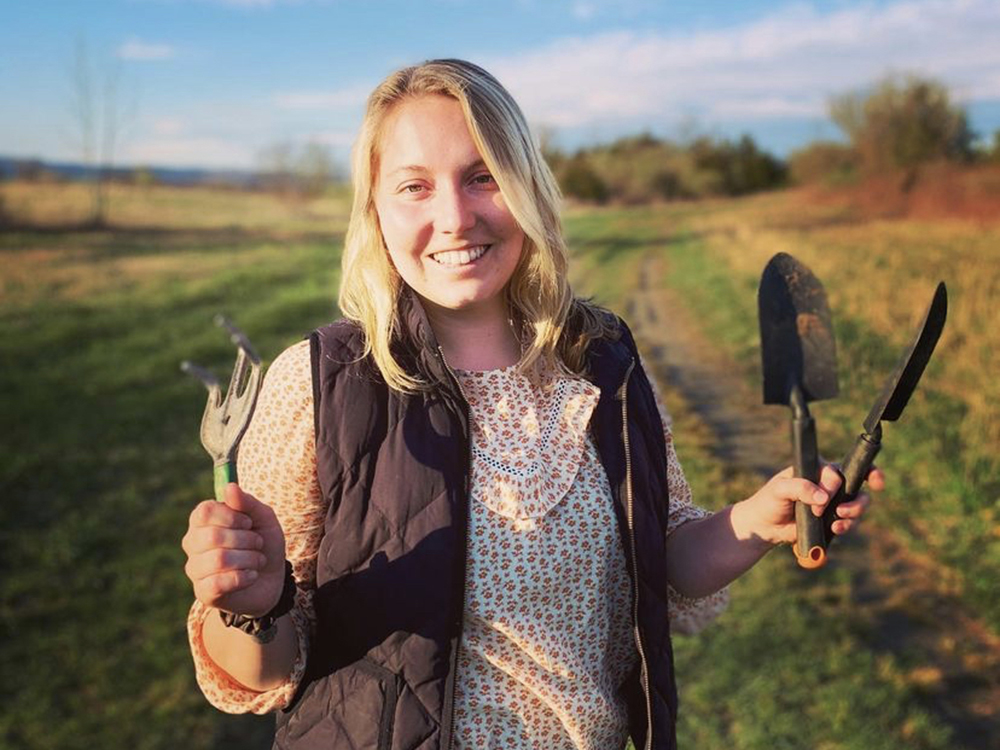
What motivates you?
I’ve always been interested in sustainability, environmental preservation, environmental access and eating healthy. Thinking from a career perspective, I am drawn to businesses trying to address some sort of environmental issue, whether it be a composting program or an organic regenerative farm. I want to do something related to social entrepreneurship where I wake up and I’m excited to go to work because I’m doing something meaningful.
What did you want to be when you grew up?
I always loved having lemonade stands, and it even went so far as to where I had a restaurant on the front lawn serving chicken nuggets, pizza bagels — things I knew how to cook when I was in elementary school. It was usually just immediate neighbors and our parents who would humor us, but I was always excited about entrepreneurial endeavors.
I didn’t necessarily see myself in business growing up, but since graduating college and becoming involved in sustainability efforts, I see business as a really versatile tool to make social changes.
What is the biggest misconception people have about your work?
People sometimes think their individual impact doesn’t matter. It definitely does, because people’s individual impact collectively makes a big impact. I often get asked, “Why should I compost? Why should I recycle?” At the end of the day, it adds up.
What is the best piece of advice you ever received?
Don’t feel pressured to answer questions immediately. If you need time to think and consider something, just say you need time and come back to it the next day. Never be ashamed to admit you do not know the answer to something. It is better to readdress the question at a later date with the correct answer than respond unknowingly.
If you could enact one law, what would it be?
I would enact a law to make all farms practice regenerative agriculture, meaning they practice low-till or no-till agriculture. Tilling agricultural land releases carbon dioxide into the atmosphere and contributes greatly to anthropogenic climate change. A global switch to regenerative organic agriculture could sequester more than 100% of the world’s current annual carbon dioxide emissions.
By working symbiotically with the land instead of disrupting it, farmers can develop a holistic connection with the land and learn to value it in its natural state.
